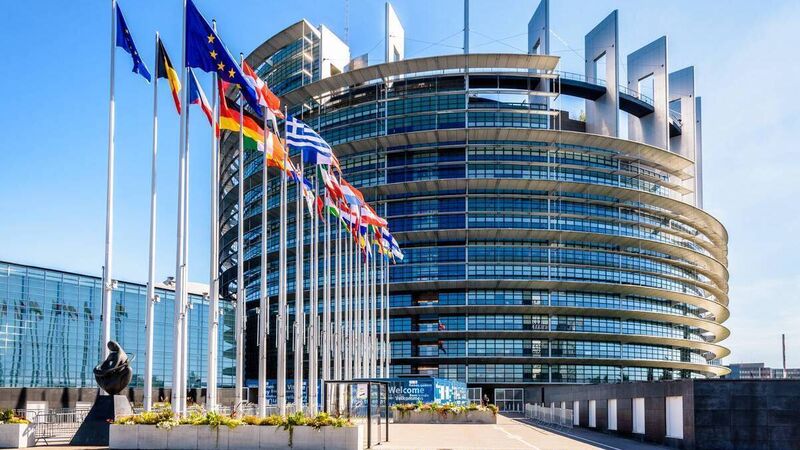ECB calls for further financial integration following 'disappointing progress' on the issue

The ECB said the new EU Parliament should focus on policy to further integrate financial markets across the bloc.
A report by the European Central Bank (ECB) has called for urgent policy action by the new European Parliament to further integrate financial markets across the bloc following “disappointing progress” on the matter since the start of the monetary union.
The ECB said a better integrated eurozone internal market for financial services was necessary to secure European economic and financial resilience following years of significant economic shocks and international conflicts experienced.











